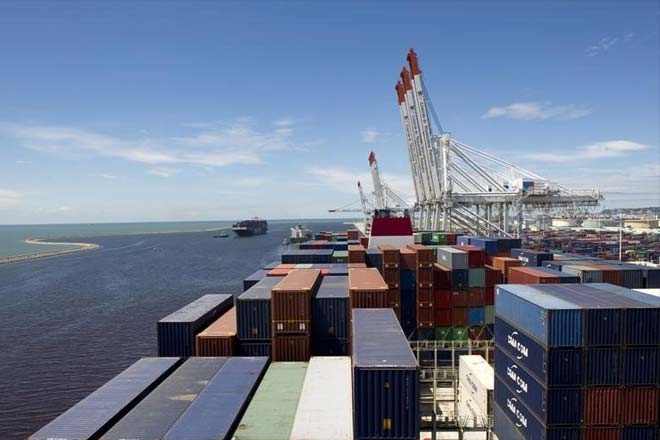
The charter should not only be confined to the views of chambers of commerce, it should also incorporate the voice of other important players such as farmers, labourers, technologists and those involved in capital formation.
A list of key regulatory bodies should be drawn up and provided a guarantee that they will be made strong, autonomous and free from political intervention.
Economic priorities may differ from party to party. However, a minimum consensus should be developed in the areas of energy, taxation, water resources, environment, domestic savings, social protection and labour. There should, at least, be consensus to reform and privatise public-sector enterprises.
The China-Pakistan Economic Corridor (CPEC) is critical for Pakistan’s growth and development. All parties should agree on a mini-charter of CPEC in terms of what it entails and how it should be implemented.
Two major indictors of Pakistan’s economy nowadays are government debt and exports. There is a dire need for developing the charter of economy because government debt is increasing with the passage of time and exports are not growing which are critical for strengthening the economy. In the past five years, it has been noted that Pakistan is sinking deep into a debt trap and has not been able to strengthen industries to step up exports.
Exports of Pakistan decreased to Rs246,015 million in November 2018 from Rs248,128 million in October 2018. Exports averaged Rs43,891.75 million from 1957 to 2018, reaching an all-time high of Rs275,483 million in September 2013 and a record low of Rs51 million in April 1958.
According to Bloomberg, “Pakistan’s dollar reserves are depleting at the fastest pace in Asia and may soon have a buffer that’s smaller than Cambodia – an economy that’s less than a 10th of its size.”
Now, in order to increase exports and ease economic pressure, all political parties need to bring in ideas, discuss them and build consensus for implementing them in the short and long run.
Declining exports to the United Arab Emirates, Saudi Arabia, Iran and Turkey, despite having good political relations, are quite worrying. Pakistan needs to revive economic diplomacy in foreign relations. The role and effectiveness of commercial counsellors in improving relations with trading partners is extremely important. For regional cooperation and trade, the strengthening of institutions is a must.
Pakistan adopted a private sector-oriented strategy somewhat earlier than other economies in the region but has not been able to expand exports compared to other economies in the region. Though the contribution of private-sector enterprises is increasing significantly, there is an urgent need to assist private entrepreneurs – who are dynamic, open to innovation and have managerial capabilities – by providing a favourable business environment with good governance, appropriate institutional and financial support mechanisms, an adequate legal and support framework and other physical and social infrastructure.
Government’s role should be confined to legislation, policy development, regulation, capacity building and facilitation with the objective of increasing productivity in all export-focused sectors. The private sector should take the lead in making investment and value chain development on its own.
Pakistan may begin by creating a competitive environment in the labour-intensive production of goods and then gradually progress to more skills and technology-intensive activities. In order to increase exports, first there is a need to increase the production of goods and services in all sectors in general and in exportable sectors in particular.
There is a need to devise policies and strategies to increase production through capacity utilisation, capacity expansion and productivity growth. For capacity expansion, Pakistan needs to diversify the production base in favour of goods and services with comparative advantage, global demand and growth potential. Some of these industries are electronics and telecommunication equipment, automotive parts, biological pharmaceuticals, renewable energy, petrochemicals and aerospace.
Furthermore, as Pakistan’s auto industry is beginning to look efficient, other downstream and upstream industries should be established. Within the textile sector, the production of clothing and value-added products should be expanded.
Finally, productivity growth will come automatically from investment in human capital and promoting innovation.
The writer is a researcher at the Sustainable Development Policy Institute
Published in The Express Tribune, December 31st, 2018.
Like Business on Facebook, follow @TribuneBiz on Twitter to stay informed and join in the conversation.


1730803801-0/BeFunky-collage-(22)1730803801-0-165x106.webp)

1728377970-0/Menendez-Brothers-(1)1728377970-0-165x106.webp)










1730706072-0/Copy-of-Untitled-(2)1730706072-0-270x192.webp)
COMMENTS
Comments are moderated and generally will be posted if they are on-topic and not abusive.
For more information, please see our Comments FAQ